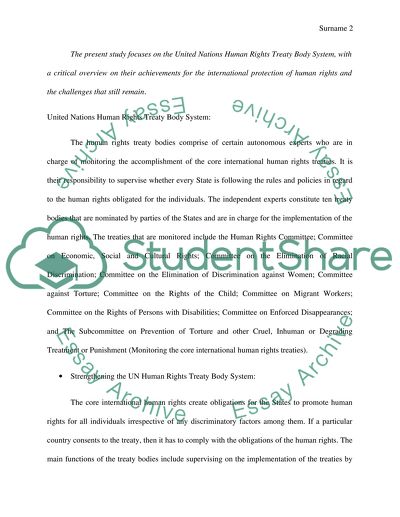Cite this document
(“Human Rights Law Essay Example | Topics and Well Written Essays - 2000 words”, n.d.)
Human Rights Law Essay Example | Topics and Well Written Essays - 2000 words. Retrieved from https://studentshare.org/law/1487021-human-rights-law
Human Rights Law Essay Example | Topics and Well Written Essays - 2000 words. Retrieved from https://studentshare.org/law/1487021-human-rights-law
(Human Rights Law Essay Example | Topics and Well Written Essays - 2000 Words)
Human Rights Law Essay Example | Topics and Well Written Essays - 2000 Words. https://studentshare.org/law/1487021-human-rights-law.
Human Rights Law Essay Example | Topics and Well Written Essays - 2000 Words. https://studentshare.org/law/1487021-human-rights-law.
“Human Rights Law Essay Example | Topics and Well Written Essays - 2000 Words”, n.d. https://studentshare.org/law/1487021-human-rights-law.


